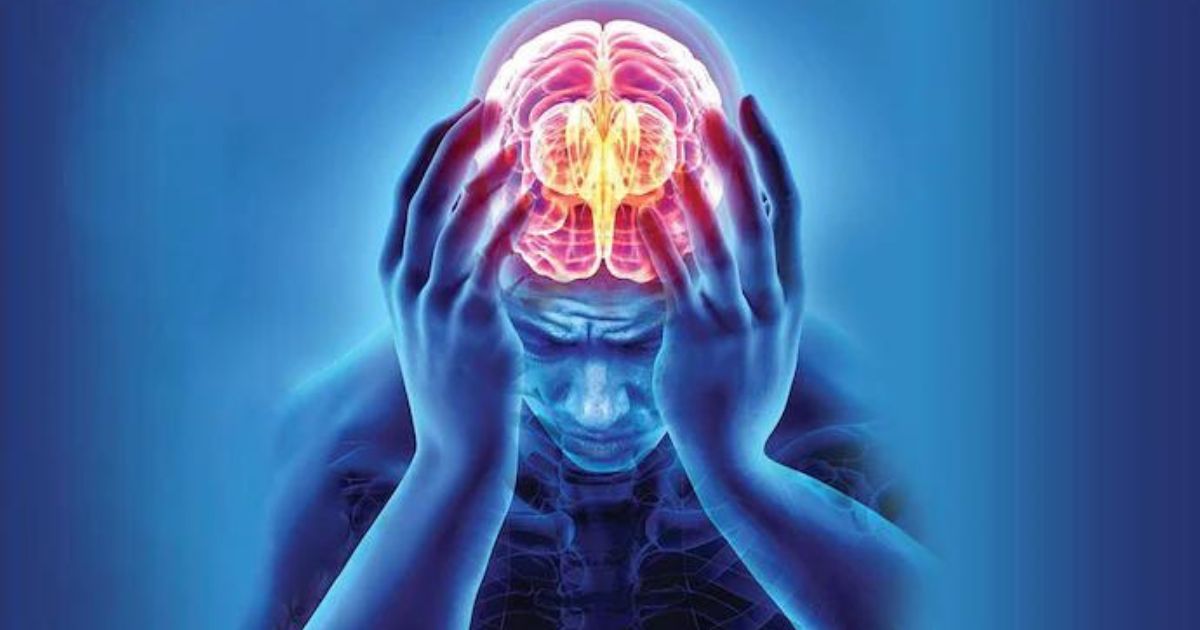When individuals experience stress, their brains may naturally release natural cannabinoid molecules, akin to those found in cannabis plants, to help mitigate the effects of stress.
However, the precise brain mechanisms and neural pathways influenced by these endogenous cannabinoid molecules have remained largely unknown.
A groundbreaking study conducted by Northwestern Medicine, utilizing mouse models, and published in Cell Reports, has unveiled a significant discovery: the amygdala, a central emotional processing center in the brain, releases the body’s own natural cannabinoid molecules during stress, which in turn help dampen the stress response triggered by the hippocampus, a region associated with memory and emotion.
These findings offer valuable insights into the body’s innate coping mechanisms for managing stress and provide additional support for the hypothesis that endogenous cannabinoids play a pivotal role in responding to stress.
Stress exposure is widely recognized as a significant factor increasing the risk of developing or exacerbating various psychiatric disorders, including generalized anxiety, major depression, and post-traumatic stress disorder (PTSD).
Study To Understand The Mechanism Of Natural Cannabinoid Molecules
Dr. Sachin Patel, MD, PhD, the corresponding author of the study, chair, and Lizzie Gilman Professor of Psychiatry and Behavioral Sciences at Northwestern Medicine, underscored the importance of comprehending how the brain adapts to stress at the molecular, cellular, and circuit levels.
This understanding could yield critical insights into the translation of stress into mood disorders and unveil potential novel therapeutic targets for treating stress-related conditions.
One significant implication of this study is the potential link between impairments in the brain’s endogenous cannabinoid signaling system and an increased susceptibility to stress-related psychiatric disorders, such as depression and PTSD.
However, Dr. Patel emphasized that further research is needed to establish this connection definitively in humans.
The study employed a newly developed protein sensor capable of detecting the presence of these cannabinoid molecules at specific synapses within the brain in real-time.
This cutting-edge technology demonstrated that specific high-frequency patterns of activity in the amygdala could stimulate the production and release of these endogenous cannabinoid molecules.
Furthermore, the sensor indicated that various types of stress could trigger the release of these molecules in mice.
This breakthrough research enhances our understanding of how the brain naturally responds to stress and adversity.
By elucidating the role of endogenous cannabinoids in mitigating the impact of stress, it provides a foundation for future investigations into potential therapeutic interventions and strategies to manage stress-related psychiatric disorders.
The amygdala, a key emotional hub within the brain, plays a central role in processing emotions, including fear and anxiety.
In the context of stress, the amygdala’s ability to release endogenous cannabinoids serves as a mechanism for regulating the stress response generated by the hippocampus.
The hippocampus, known for its involvement in memory and emotion, can become hyperactive during periods of stress, contributing to heightened emotional responses and potential mental health challenges.
The study’s findings suggest that the endogenous cannabinoid system in the brain acts as a built-in stress management tool.
When individuals encounter stressful situations, the brain releases these molecules to counterbalance the stress response, helping to restore emotional equilibrium. While this mechanism is well-established in mice, its direct translation to humans requires further exploration.
The implications of this research extend to the field of mental health, where stress-related disorders represent a significant public health concern.
By uncovering the intricate workings of the brain’s response to stress, researchers hope to identify novel targets for therapeutic interventions.
These interventions could potentially include medications or therapies that modulate the endogenous cannabinoid system to alleviate the symptoms of stress-related disorders.
In conclusion, the Northwestern Medicine study offers a profound glimpse into the brain’s innate response to stress through the release of endogenous cannabinoids.
This discovery illuminates the intricate mechanisms at play when the brain encounters stress and provides a promising avenue for future research into stress-related psychiatric disorders.
While the study’s findings in mice are groundbreaking, further investigations are necessary to fully understand the extent of the endogenous cannabinoid system’s role in managing stress in humans and its potential applications in mental health care.




















